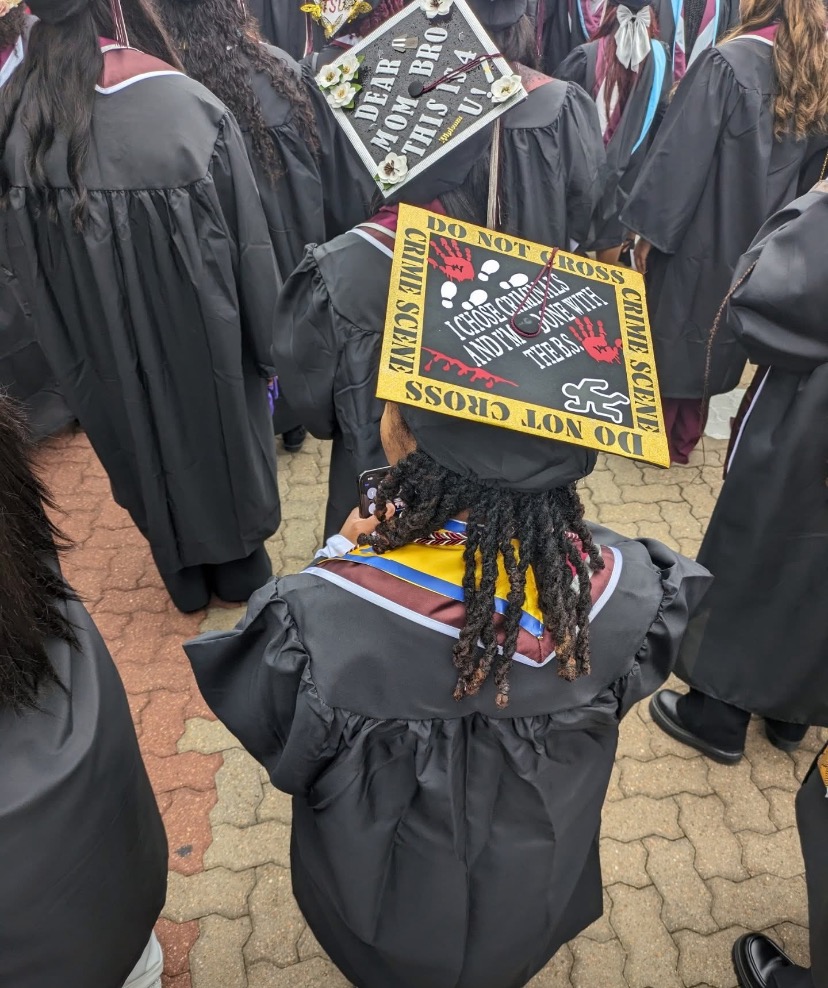In what many viewed as a nod to the significant role African
Americans have played in the nation’s history, the House of Representatives
held its first reparations hearing on Juneteenth while millions around the
country celebrated the tradition for the place it holds as the day in 1865 when
slaves in Texas finally learned they were free, months after the Civil War
ended.
With high-profile testimony from author Ta-Nehisi
Coates to actor Danny
Glover to U.S.
Senator Cory Booker, the Congressional hearing sent social media into
overdrive as opinions were shared about the “economic underpinnings” of
America’s financial success and its undeniable roots in slavery.
“There is some unfinished business,” Rev. Eugene Taylor
Sutton, A Maryland Episcopal Bishop said. “It’s not just about writing a
check.”
Coates disagreed and so do many others who believe
reparations should include monetary compensation and not just programs to
address a roster of wrongdoing. Coates is credited with pushing the national
dialogue in 2014 when he wrote an article about the issue. Former Congressman
John Conyers introduced reparations in 2007 and did so every year until he
retired in 2017. Texas Congresswoman Shelia Jackson picked up the baton and
championed H.R. 40 in Conyers’ absence, and a House Judiciary subcommittee
sponsored today’s proceedings which drew hundreds to Capitol Hill. House
Speaker Nancy Pelosi called for a reparations study.
Less than 24 hours before the hearing, Senate Majority
Leader Mitch McConnell unleased a torrent of criticism for his comments opposing
reparations.
“I don’t think reparations for something that happened 150
years ago, for whom none of us currently living are responsible is a good idea,”
he said. McConnell indicated the country had attempted to atone for its
“original sin” of slavery by “electing an African American President.” And,
according to a 2016 Marist poll, the Senator is not the only one against
reparations.
Economist and Civil Rights champion
Julianne Malveaux pointed out that the impact of slavery and its legacy of
racism persist into the 21st century.
“Zip code deals with the food you eat…those are the vestiges
of slavery,” she stated.
Later this year the 400-Year Commission
on American African History , which Congress established to commemorate the
first Africans who arrived in the English Colonies in 1619, will sponsor events
devoted to contributions made by African Americans. Some cities celebrated today as an ‘International
Day of Drumming and Healing.’ In Pine Bluff, Arkansas, Houston and New Orleans
festivities were planned.
Before the sun rose in Pine Bluff, the church bell tolled at
Elm Grove Baptist Church where Rev. Jesse Turner is the Senior Pastor,
signaling the start of Juneteenth. Turner also organized a conversation around
race held Wednesday evening at the area’s Arts and Science Center.
“These things have fostered inequality and treatment that
was thrust upon us,” said Turner. “And, so that’s where the healing comes in.
How do we heal? From Jim Crow as a nation…we can’t overlook them, can’t wink
your eye at them. You just can’t say these things didn’t happen. Lynching
happened, and you can’t overlook the profound impact these things had on a
people. How do you eradicate the racism? Let’s talk…we have to deal with them
and put them on the table.”

 Black History5 years ago
Black History5 years ago
 Black History6 years ago
Black History6 years ago
 Black History4 years ago
Black History4 years ago
 Black History5 years ago
Black History5 years ago
 Black History5 years ago
Black History5 years ago
 Black History6 years ago
Black History6 years ago
 Black History9 years ago
Black History9 years ago
 Black History5 years ago
Black History5 years ago


























